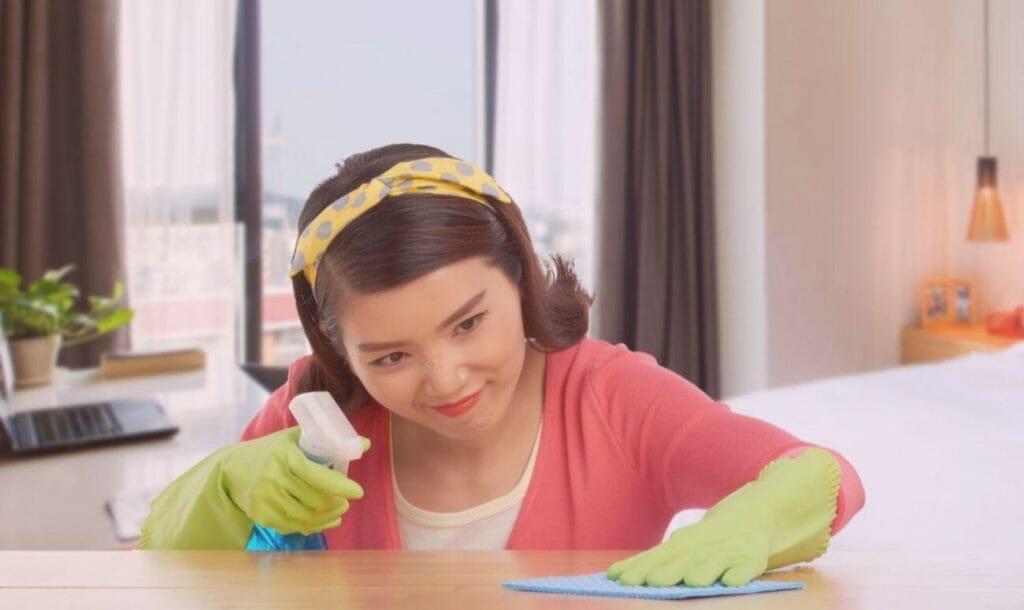OCD is an anxiety disorder where the person can’t stop doing certain actions, even if they seem unnecessary. It is a vicious cycle – obsessive thought > anxiety > compulsive behaviour > temporary relief. Some people might experience either obsessive or compulsive behaviour. Let’s take a look at the symptoms and know how to stop an OCD attack –
Common obsessive thoughts are:
- fear of being contaminated by germs
- fear of harming yourself or others
- order and symmetry; everything has to be lined up perfectly
- excessive focus on moral ideas

Common compulsive thoughts are:
- arranging things “just so”
- spending a lot of time washing or cleaning
- counting, tapping, repeating words or doing senseless things to reduce anxiety
- repeatedly checking locks, lights, and stove
How To Stop An OCD Attack:
Psychotherapy
Exposure and response prevention (EX/RP) is considered the highest standard for treating OCD. Where a person can expose themselves to their OCD triggers, and learn to resist the urge to complete their compulsive behaviour. The purpose of this is to gradually lessen obsession-related anxiety.
Treatment centers
Many people check themselves into residential treatment centers for OCD. These have the facility of an outpatient program and group therapy.
Self-help strategies
Stress can increase OCD. Take some steps to reduce stress levels. This may include relaxation and self-care techniques such as – regularly listening to guided meditation, getting enough sleep and talking long nature-walks.
Write down your obsessive thoughts
Carry a notepad, or write stuff down on your smartphone. Just when you feel you are about to obsess, write down that thought! It will help you see what your recurring thoughts are. Write the thought over and over again, until it looses its power.
Think Right Tips:
- Everyone has strange, upsetting thoughts from time to time. It doesn’t have to be OCD.
- Check for a pattern in your thoughts, and if your behaviour reflects any of the above-discussed actions, you might want to visit an expert.
- Do not hesitate to seek professional help.
Source: Web MD
Read more: How To Help Kids With ADHD?
Like & Follow ThinkRight.me on Facebook and Instagram to stay connected.































